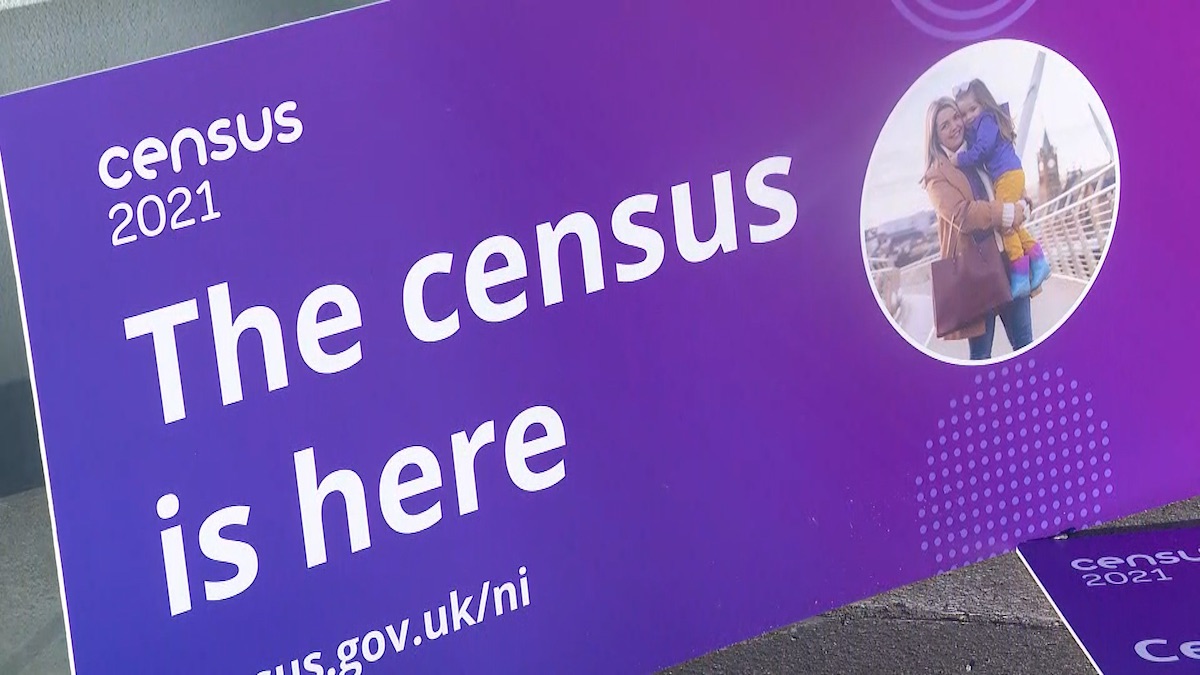
Unionists have been attempting to play down the significance of the results of the 2021 Census for the north of Ireland.
It is understood the results, due to be released at 9.30 am on Thursday, could show for the first time that Catholics are the largest religious group in the Six Counties.
Demographic change has been clear in schools and colleges for some years, something which is being increasingly reflected in election results.
As the 1922 border was drawn to create a statelet with a clear and permanent Protestant majority, the rapid decline of that majority is having profound implications for the border.
The census figures will undoubtedly lead to renewed calls for a date to be set for a referendum on Irish reunification. Such a ‘border poll’ was set out as part of the 1998 Good Friday peace Agreement.
Commentator Brian Feeney said he believes “it will be very close, perhaps one per cent in it, but there will be a rise in Catholics and the number of Protestants going down”.
Mr Feeney said he believes issues around Brexit have “sharpened the identity question” and it will reinforce the demand for a border poll to be called. He also warned it could have a “huge psychological impact” on unionism.
DUP hardliner Gregory Campbell denied there has been any real political change. He claimed that recent electoral results showed that, regardless of the census, Irish unity is still far away.
The East Derry MP said that “those drawing lazy analysis” relating to any referendum on a united Ireland “should step back” and examine electoral outcomes.
He ignored the most recent Assembly election, which showed parties in favour of a united Ireland received more votes than unionist ones for the first time - and elected its first ever nationalist First Minister.
“As the Census will show, there are no majorities,” he said. “There is a Protestant minority, a Roman Catholic minority and a minority of people who don’t describe themselves as coming from either of these two backgrounds.”
But it was no coincidence that on the same day, another unionist political leader hit out at the prospect of a fresh Assembly election as “absolutely diabolical”.
Current rules stipulate that without a functioning Executive, ministers must stand down on October 28 and the London government call an election within 12 weeks. The DUP continues to boycott power-sharing over new trade checks at ports in the north of Ireland.
Ulster Unionist Party leader Doug Beattie admitted: “There has to be an election by January 19. That is the process. There is no other process so we would expect to have an election on either December 8 or 15.
“I think it is absolutely diabolical that we are going to go back out to put posters up, knocking on doors to tell people to vote for us in the cost-of-living crisis, when people are sitting in their homes hungry and cold and we are asking them for a vote when we have already failed them.”
![[Irish Republican News]](https://republican-news.org/graphics/title_gifs/rn.gif)
![[Irish Republican News]](https://republican-news.org/graphics/title_gifs/harp.gif)

